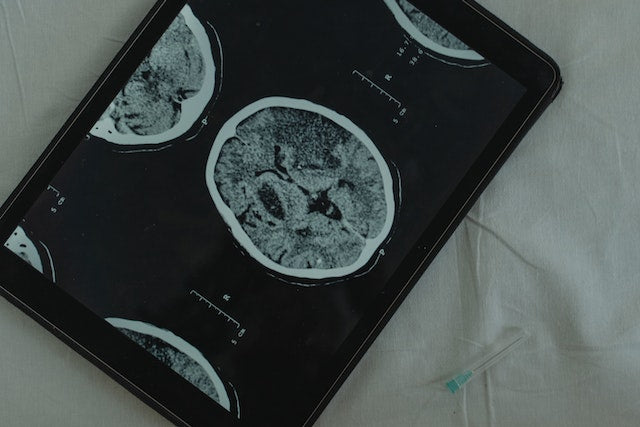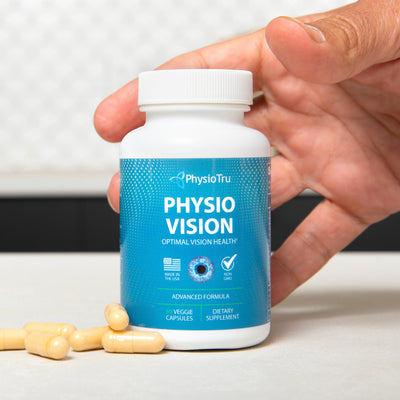Alzheimer's disease, a progressive neurodegenerative disorder, affects millions of individuals worldwide and presents a significant challenge for healthcare systems. As the global population ages, there is a pressing need for innovative solutions to prevent and combat this devastating condition. Fortunately, the advancement of artificial intelligence (AI) offers a ray of hope in the fight against Alzheimer's. By harnessing the power of AI, researchers and healthcare professionals can unlock new avenues for early detection, personalized treatments, and improved overall management of the disease.
- Early Detection and Diagnosis
One of the key advantages of AI in Alzheimer's prevention lies in its ability to analyze vast amounts of data quickly and accurately. AI algorithms can analyze medical records, brain imaging, and genetic information to identify potential risk factors and early indicators of the disease. By detecting subtle changes in cognitive function or brain structure, AI can enable early diagnosis, allowing for timely intervention and the implementation of preventive strategies.
- Predictive Analytics
AI-driven predictive analytics can significantly enhance our understanding of the disease's progression. By analyzing data from patients at various stages of Alzheimer's, AI models can identify patterns and trends, predicting which individuals are at higher risk of developing the disease. This information can aid healthcare providers in developing personalized interventions to delay or prevent Alzheimer's onset.
- Drug Discovery and Development
The traditional drug discovery process is costly, time-consuming, and often yields limited success. AI accelerates this process by analyzing vast datasets and identifying potential drug candidates more efficiently. AI-powered simulations can predict the effectiveness of drugs in targeting specific molecular pathways implicated in Alzheimer's disease. This enables researchers to focus on the most promising drug candidates and streamline the drug development process.
- Precision Medicine
Every individual's response to treatments is unique, making precision medicine essential in Alzheimer's prevention. AI algorithms can analyze an individual's genetics, lifestyle, and medical history to tailor treatment plans that are most effective for that specific person. Personalized interventions can include lifestyle modifications, dietary recommendations, and targeted therapies, optimizing outcomes and minimizing adverse effects.
- Remote Monitoring and Caregiver Support
AI-powered wearable devices and smart home technologies can monitor subtle changes in daily activities, sleep patterns, and behavior. These tools can alert caregivers and healthcare providers to potential signs of cognitive decline, allowing for early intervention. Additionally, AI-powered chatbots and virtual assistants can offer support to caregivers, providing information, resources, and emotional assistance.
Conclusion
AI represents a transformative force in the fight against Alzheimer's disease. From early detection and diagnosis to drug discovery and precision medicine, AI's potential is vast. Leveraging this technology will not only help prevent Alzheimer's but also improve the overall quality of life for affected individuals and their families. As we continue to invest in AI research and development, we move one step closer to a future where Alzheimer's disease is preventable, treatable, and ultimately conquered. Together with the dedication of healthcare professionals, researchers, and caregivers, AI can usher in a new era of hope for those impacted by this debilitating condition.





